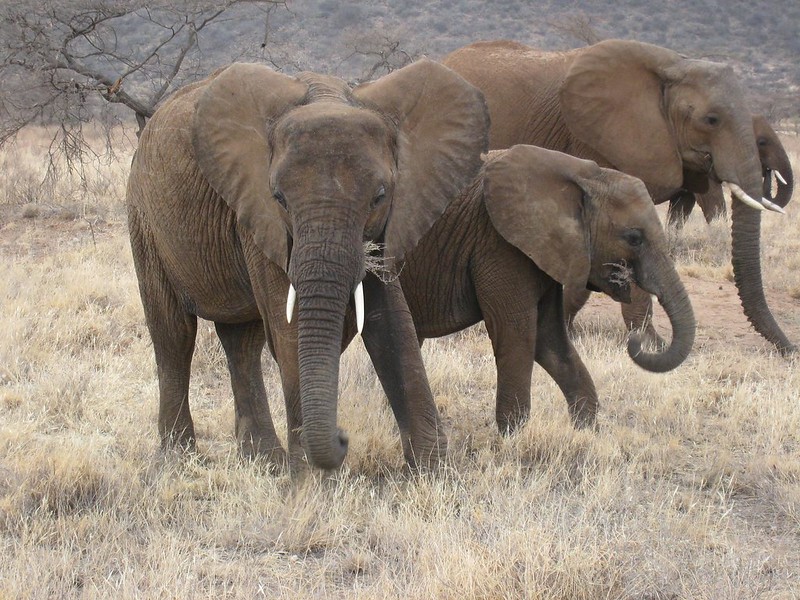“Unveiling the Slumber Secrets of Giants: How Long Do Elephants Sleep?”
The world of elephants is a captivating one, with these gentle giants known for their remarkable size, intelligence, and their unique place in the animal kingdom. Among the many intriguing aspects of these magnificent creatures is their sleep patterns. In this blog, we’ll explore the fascinating world of elephant sleep, uncovering the mysteries of how long they sleep and the remarkable facts that make their slumber truly exceptional.
-
The Basics of Elephant Sleep:
Before diving into the specific duration of elephant sleep, it’s important to understand the fundamental aspects of their sleep patterns. Elephants, like humans, experience both rapid eye movement (REM) sleep and non-REM sleep. During REM sleep, they often exhibit dream-like behaviors such as twitching their trunks or ears.
-
How Long Do Elephants Sleep?
Elephants, particularly the African species, are known to sleep for an average of 2 to 4 hours per day. However, this sleep duration can vary depending on various factors, including their age, habitat, and social structure. Young elephants tend to sleep more than adults, with some baby elephants sleeping up to 18 hours a day. As elephants age, their sleep patterns change, and they gradually sleep less.
-
Adaptations to Short Sleep:
Despite their relatively short sleep duration compared to some other animals, elephants have adapted to their lifestyle effectively. They have evolved to require less sleep by sleeping in short bursts while standing. These short, light naps are usually taken during the nighttime hours when the risk of predation is lower.
-
Social Sleep Patterns:
Elephants are highly social animals, and their sleep patterns reflect this. They often sleep in proximity to other members of their herd, providing safety in numbers. While some individuals in the herd sleep, others remain vigilant, ensuring that there’s always someone awake to detect and respond to potential threats.
-
Environmental Factors:
Environmental conditions play a significant role in determining how long elephants sleep. In areas with abundant food and water sources, they may sleep less as they can feed and drink at their leisure. In contrast, in arid regions, elephants may spend more time resting to conserve energy.
-
Reproductive Influence:
During the mating season, female elephants, known as cows, may experience changes in their sleep patterns. Estrous cows may sleep less as they engage in active mating behaviors and experience hormonal changes.
-
Conservation Implications:
Understanding the sleep patterns of elephants is vital for their conservation. Habitat loss, human-wildlife conflict, and poaching pose significant threats to these majestic animals. Knowledge of their sleep habits can help conservationists develop strategies to minimize disturbances to their natural sleep patterns and protect their populations.
Conclusion:
The world of elephant sleep is a remarkable one, filled with intricacies and adaptations that help these magnificent creatures thrive in their respective habitats. While they sleep less on average compared to many other animals, their unique patterns of rest are finely tuned to the challenges they face in the wild. As we continue to study and understand these gentle giants, we gain insights into their lives and work towards their conservation, ensuring that the world remains a place where elephants can roam and sleep peacefully.

